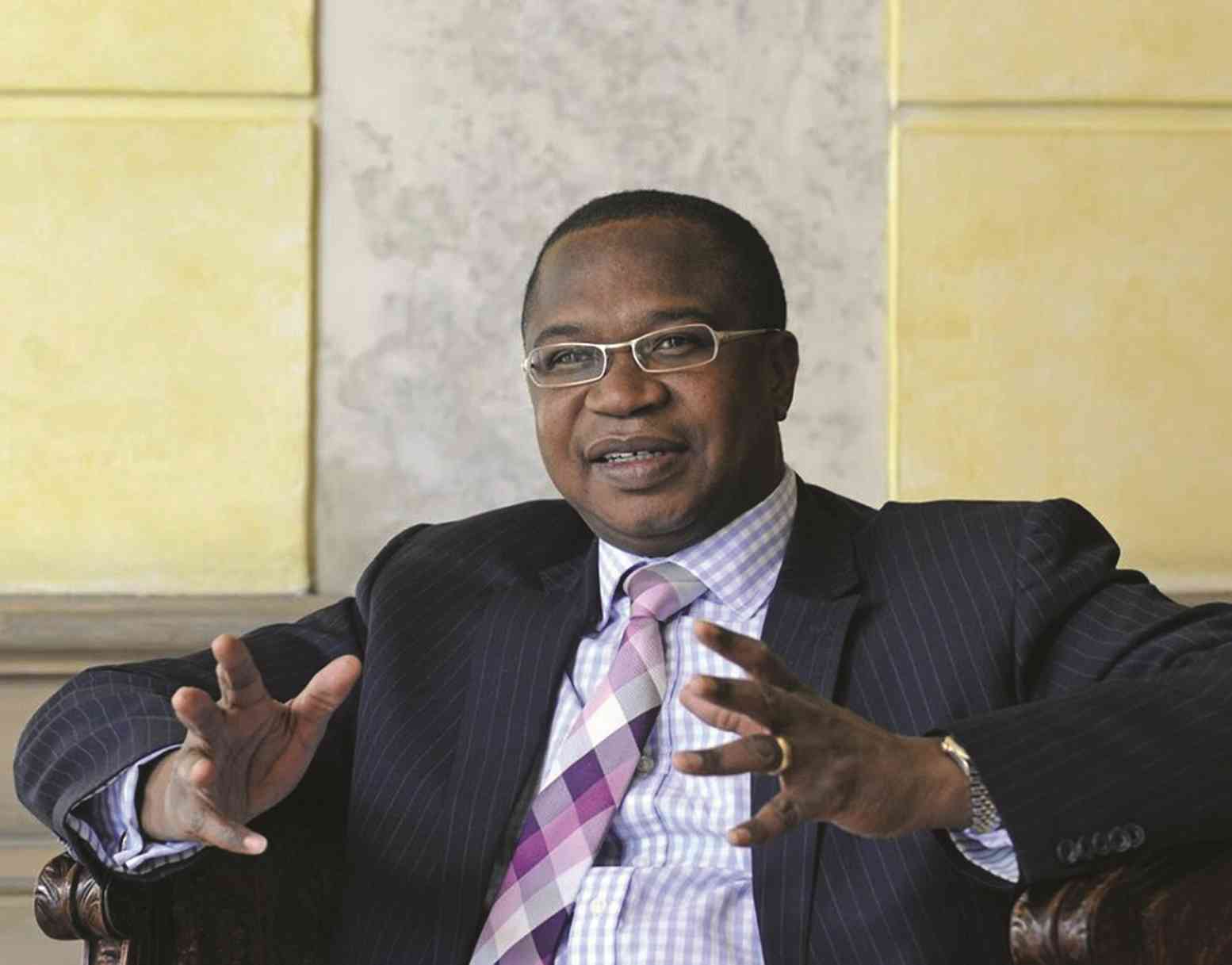
PRESIDENT Emmerson Mnangagwa’s cash-strapped administration is restructuring repayment terms for Treasury Bonds (TBs) maturing this quarter and beyond, as it grapples with mounting settlement costs and the threat of default, the Zimbabwe Independent can report.
Official documents reveal that nearly US$740 million in forex-indexed, interest-bearing government securities will mature between 2025 and 2034.
Maturing TBs — short-term debt securities issued by governments to raise funds — were expected to reach high levels in 2033, according to the Zimbabwe Public Debt Management Office (ZPDMO), which oversees a portfolio of unsettled commitments making up 59,7% of the country’s gross domestic product.
It means Treasury, already paying out heavy penalties for defaulting on Zimbabwe’s US$21,1 billion debt, is already making frantic efforts to shift terms of the TBs to release heavy payment pressures.
“The profile (of outstanding US dollar denominated TBs from the last quarter of 2024 through to 2034) reflects significant maturities of US$177 million scheduled for the last quarter of 2024, followed by other substantial maturities of US$738 million during 2025,” the ZPDMO said in an analysis of government securities.
This brings the total value of securities under consideration for restructuring to about US$915 million.
“In this regard, given the tight fiscal space, government is in the process of restructuring these US dollar denominated Treasury Bonds aimed at reducing debt service to sustainable levels,” the ZPDMO said.
“The restructuring process is critical in enhancing fiscal sustainability and ensuring that government can meet its debt obligations without compromising public service delivery and economic growth.”
- Zim juggles US$1bn TBs to avert crisis
- Govt report: IMF windfall attracts US$10m interest
Keep Reading
The process usually involves extending terms, tweaking rates and reducing amounts of each payment to build a sustainable portfolio that responds to demands of a sharp fiscal squeeze, while meeting public debt obligations.
Debt rescheduling can help borrowers avoid insolvency or defaults, according to Tapiwa Sibanda, head of strategy at the South Africa-based Trade Winds.
The data showed that while authorities may be at peace over what they will have to deal with when final TBs mature in 2034, they were required to immediately build the war chest to pay out US$177 million worth of TBs entering maturity this quarter.
But the quarter has been mired by fiscal pressures underpinned by a haemorrhaging currency, which plummeted by 43% on September 27, sending shock waves from the capital markets to government.
This week’s report confirmed hints by Finance, Economic Development and Investment Promotion minister Mthuli Ncube in August that he would be restructuring some of the country’s debts. It was a crucial step in helping him manage a tough fiscal squeeze that forced Treasury to implement massive spending cuts in November, including halting funding state executives’ lavish international trips.
“Servicing the debt in the absence of long-term concessional external support and preference for short-term paper by domestic investors has increased debt servicing costs and created an unfavourable fiscal position that undermines support for the social sectors and other developmental programmes,” Ncube said in August.
During the period January to September 2024, government made principal repayments for domestic debt amounting to ZiG52,7 billion for maturing TBs and the respective coupon obligation of ZiG815 million.
In addition to the debt service for TBs, during the same period, government paid US$54,4 million for blocked funds obligations.
“The stock of external debt stood at US$12,3 billion, as at end September 2024,” the PDMO said.
“The debt which is owed to bilateral and multilateral creditors, amounted to US$6,3 billion and US$3,2 billion, respectively. The external debt also includes US$2,9 billion of Reserve Bank of Zimbabwe liabilities assumed by Treasury in 2023.
“Out of the multilateral debt of US$3,2 billion (arrears and penalties accounting for 84,4% or US$2,7 billion), US$681 million is owed to the African Development Bank, US$1,5 billion to the World Bank, and US$427 million to the European Investment Bank,” it said.
The paper also showed how Asia's biggest banks have leveraged warm diplomacy with Zimbabwe to make billions.
Asian lenders, particularly state-controlled institutions like China Exim Bank and India Exim Bank, have emerged as pivotal players in Zimbabwe’s debt landscape.
During the nine months to September 2024, Zimbabwe paid China Exim Bank US$14 million in external debt servicing.
Other Chinese institutions, including Sinosure, received payments of US$4 million, reflecting their dominant role in funding infrastructure projects such as Hwange Thermal Power Station, Robert Gabriel Mugabe International Airport, and the Deka Pumping Station.
State-owned enterprises, often beneficiaries of state-guaranteed loans, have faced challenges in repaying debts, adding strain to Treasury’s obligations.
Notably, debts to Asian lenders like Bank Negara Malaysia, assumed under the 2021 Blocked Funds Finance Act, underscore the complex web of old and new financial commitments.
This restructuring signals a determined effort to address Zimbabwe’s economic challenges, though the outcomes remain difficult to gauge amidst persistent fiscal and external pressures.










